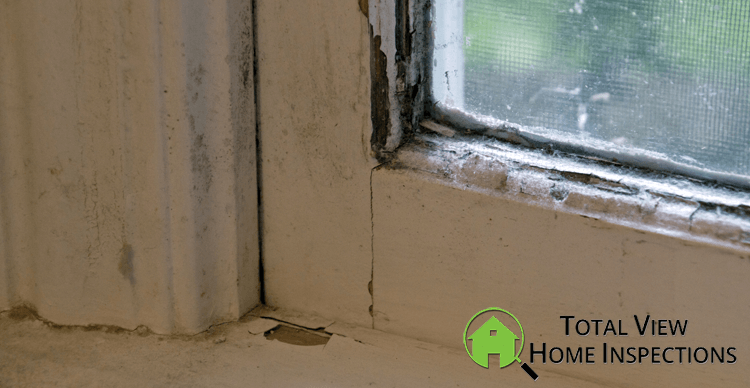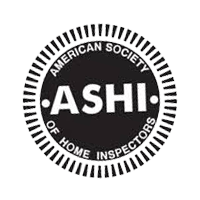
Mandatory Lead Paint Inspections, It’s the Law!
Starting January 1, 2015, owners of residential rental properties built before 1978, are required to comply with Maryland’s Reduction of Lead Risk in Housing Act. What does that mean and why is it significant? That means all residential rental properties must undergo mandatory lead paint inspections. Estimates of up to ninety-five percent of the housing units built in Maryland before 1978, contain this product. The purpose of Maryland’s Lead Poisoning Prevention Program is two-fold. First, the focus is the reduction of the incidence of childhood lead poisoning, and secondly maintaining access to affordable, safe rental housing. Studies have established that there is no safe level of lead in the human body. Furthermore, recent research has focused on the toxic effects of low-level exposure and finds that there is no exposure to lead that is regarded as being safe or free from harmful effects. What’s more, high levels of lead can lead to severe disability or death. So, mandatory lead paint inspections play a crucial role in the health and well being of our communities here in Maryland.
Health Effects of Lead Paint Exposure
As stated before, there are no safe levels of lead in the body. The brain and nerves are particularly vulnerable to poisoning. Lead poisoning also interferes with the formation of blood cells, thus causing anemia. It also damages the kidneys, digestive system, and reproductive system in both men and women. Low-level exposure can even damage hearing, learning ability, and coordination. What usually happens is that over time, multiple low-level exposures go undetected. Lead is stored throughout the body for various periods. For example, it is stored in the blood for weeks, in the brain for months and in the bones for decades! Lead also affects different demographics in different ways. There are two groups most at risk of damage: children and pregnant women.
Lead Poisoning in Children
In children under the age of six are most susceptible as their brains and other organs very easily suffer lead damage. Lead poisoning in children also causes learning and behavioral issues. It is normal for children to put everything in their mouths. Thus they run the most risk of ingesting anything that may contain lead. The scariest part is that this poisoning often is undetectable with symptoms occurring only when the condition becomes quite severe. Consequently, the signs are easily confused with the flu. Blood tests are the only way to detect lead poisoning.
Lead Poisoning in Pregnancy
Studies have discovered that even very low levels of lead may have toxic effects on a developing fetus. Lead carried in the mother’s blood will be passed on to her baby. Lead poisoning may cause miscarriage or premature birth. And, infants born with the slightest amounts of lead in their system may experience developmental problems.
Exceptions to the Rule?
A property may be exempt from the Act, however, if the property is a hotel, motel or similar seasonal or transient facility. Another exemption is if an MDE-accredited inspector has issued a Lead-Free certificate after lead paint testing the property. But, you should never assume your property could be an exception to the rule. Make sure to verify it, or you face penalties. Furthermore, you may endanger your tenants’ health. However, if you are a tenant in a home and an inspector discovers lead contamination you do have rights.
If you suspect your home contains lead paint, or own a rental properties which require mandatory lead paint inspections, contact Total View Home Inspections. Ken Etzler provides a thorough examination you can trust.




